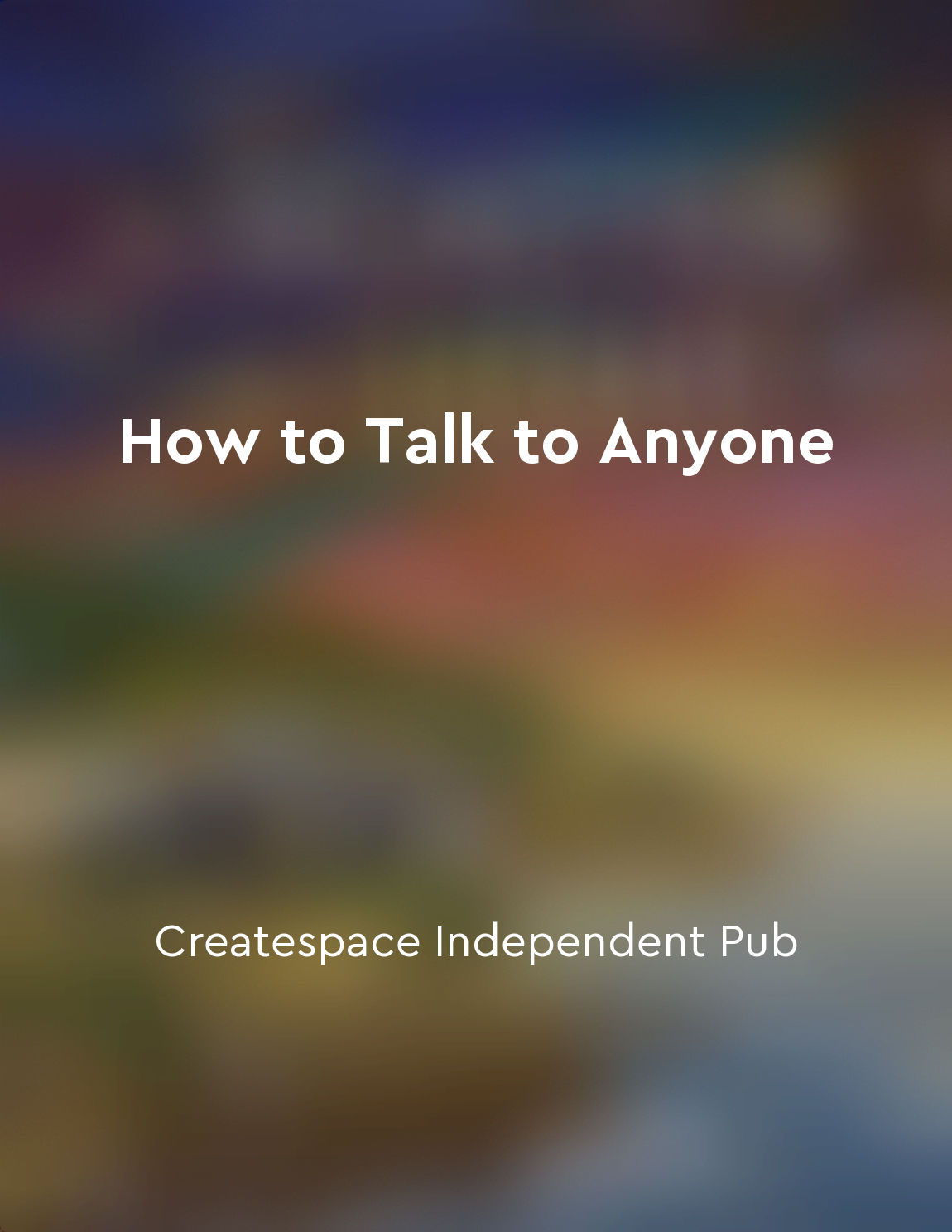Audio available in app
Emotional intelligence can be developed and strengthened from "summary" of Permission to Feel by Marc Brackett
As humans, we have the capacity to learn and grow throughout our lives. This includes our emotional intelligence, which is not a fixed trait but can be developed and strengthened over time. Just like any other skill, emotional intelligence can be honed through practice and effort. By becoming more aware of our emotions and learning how to manage them effectively, we can improve our relationships, decision-making, and overall well-being. One key aspect of developing emotional intelligence is self-awareness. This involves recognizing our own emotions and understanding how they influence our thoughts and behaviors. By taking the time to reflect on our feelings and the underlying reasons for them, we can gain valuable insight into ourselves and our interactions with others. This self-awareness lays the foundation for developing other components of emotional intelligence, such as empathy and social skills. Empathy is the ability to understand and share the feelings of others. By practicing empathy, we can strengthen our connections with those around us and build more meaningful relationships. This involves actively listening to others, showing compassion, and being able to perspective-take. By putting ourselves in someone else's shoes, we can better understand their emotions and respond in a more compassionate and supportive way. Social skills are another important aspect of emotional intelligence. These skills involve effectively communicating with others, resolving conflicts, and building positive relationships. By developing our social skills, we can navigate social situations with ease and create a more harmonious environment for ourselves and those around us. This can lead to greater success in both our personal and professional lives.- Emotional intelligence is not a fixed trait but can be developed and strengthened through conscious effort and practice. By cultivating self-awareness, empathy, and social skills, we can improve our emotional intelligence and enhance our overall well-being. This ongoing process of growth and learning is essential for navigating the complexities of human emotions and relationships.
Similar Posts

Avoid interrupting others
When you interrupt someone, you are essentially telling them that what you have to say is more important than what they are say...
Engaging students in reflective practices
Reflective practices involve helping students develop the ability to think about their own thinking. This process requires teac...

Maintain eye contact to show interest
Maintaining eye contact is a powerful tool in communication. When you lock eyes with someone, you are showing them that you are...
Mindfulness contributes to a culture of mindfulness in the workplace
When individuals in a workplace practice mindfulness, they are essentially bringing their full attention to the present moment,...

Mental manipulation
Mental manipulation is a powerful technique used by individuals with dark intentions to control and influence the thoughts, emo...
Cultivate a positive mindset
To cultivate a positive mindset means to intentionally focus on the good things in life, rather than dwelling on the negatives....

Prioritize tasks based on importance and urgency
When we have a long to-do list, it can be overwhelming to figure out where to start. That's where the Eisenhower Matrix comes i...
Make a lasting impact with your words
When you speak, you have the power to leave a lasting impact on your audience. Your words have the ability to inspire, motivate...

Behavior changes based on environment
The environment plays a crucial role in shaping an individual's behavior. People tend to adapt their actions and reactions base...
Learn to read minds
To truly understand someone, you must learn to read their mind. It's not about magic or supernatural powers, but about observin...


